One for the fact check unit: ABC’s ‘human shield’ David Anderson claims chair Kim Williams wanted him to stay
David Anderson’s surprise resignation ends a tumultuous tenure in which the ABC weathered heavy attacks on its editorial standards, experienced an alarming radio ratings drop, and faced internal unrest over allegations of racism and sexual harassment.
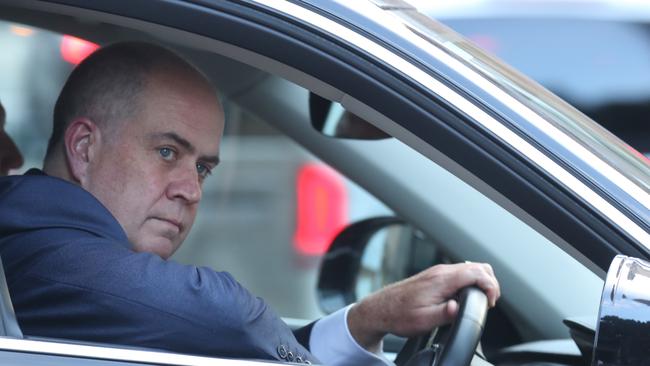
ABC managing director David Anderson has surprisingly resigned just one year into his second five-year term, ending a tumultuous tenure in which the public broadcaster weathered heavy attacks on its editorial standards, experienced an alarming drop in its radio audiences, and faced internal unrest over allegations of racism and sexual harassment.
Mr Anderson will formally step down in early 2025, and insisted on Wednesday that the national broadcaster’s recently installed chairman, Kim Williams, tried to convince him several times to stay in the role despite his publicly stated desire to “re-imagine” the ABC’s direction.
“I have been in discussion with Kim Williams about it. Kim, of course, has tried to talk me out of it a number of times. But, um, look, I’ve … when you know, you know … and I’ve made my decision and I’ve advised Kim,” he told the ABC on Wednesday.
The ABC’s senior political correspondent and board director Laura Tingle reportedly told staff at the public broadcaster that they had lost their “human shield” with Mr Anderson’s departure.
“The immense toll that must have been taken on someone who has often had to act as a human shield, or punching bag, for the national broadcaster,” Tingle told colleagues in an email.
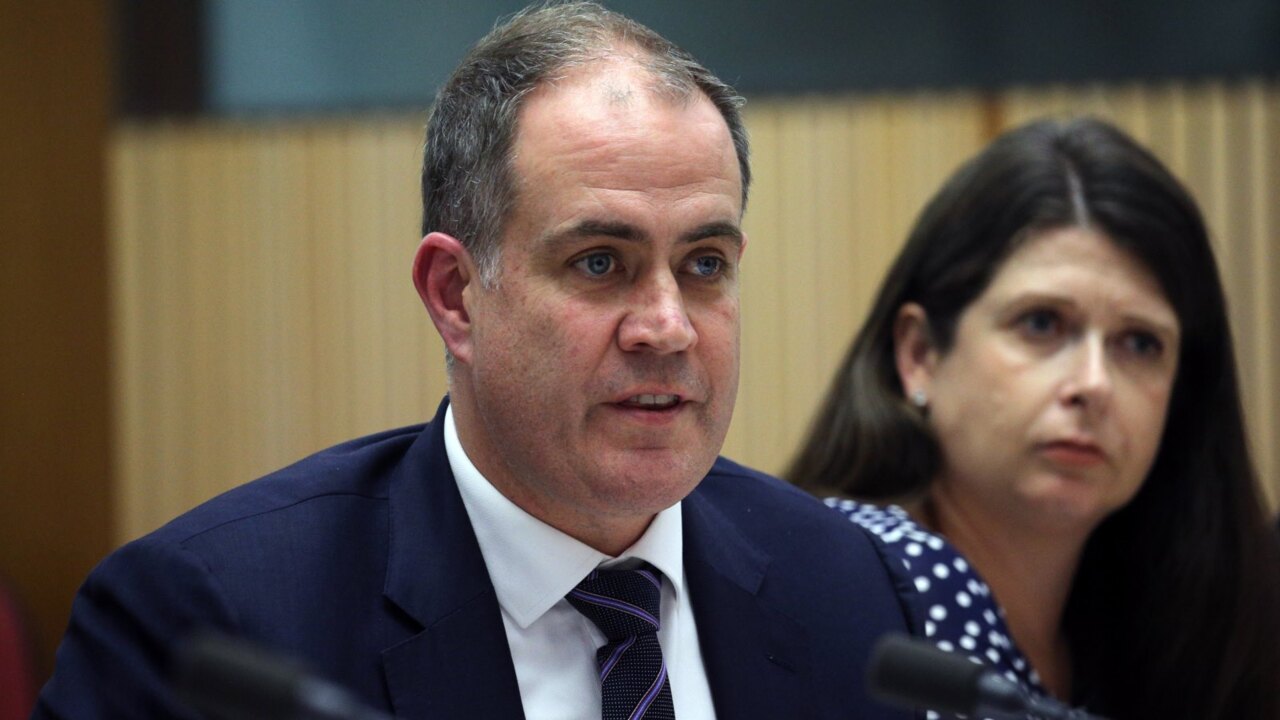
The 53-year-old’s departure is likely to usher in a period of significant change within the ABC, given Mr Williams has called for a “refreshed purpose” at the public broadcaster. “Our community and nation deserve better, renewed performance horizons. I want to issue a challenge to all who love the ABC, and all who have the responsibility for resourcing it, to get behind the renewal of our great national broadcaster,” Mr Williams said in a speech at the State Library of Victoria in June.
More recently, Mr Williams made pointed criticisms about the prioritisation of lifestyle content ahead of news stories on some of ABC’s platforms, in what was seen as an unusual foray by a chairman into editorial matters, an area that is usually the domain of the managing director.
In an all-staff email on Thursday, Mr Anderson said his decision to step down as managing director – a role that also encompasses the ABC’s editor-in-chief duties – was not an easy one.
“I am still very much committed to the importance of the ABC to the nation,” Mr Anderson said. “I believe it is the right moment for leadership renewal for the next stage of the ABC’s continued evolution,” he said.
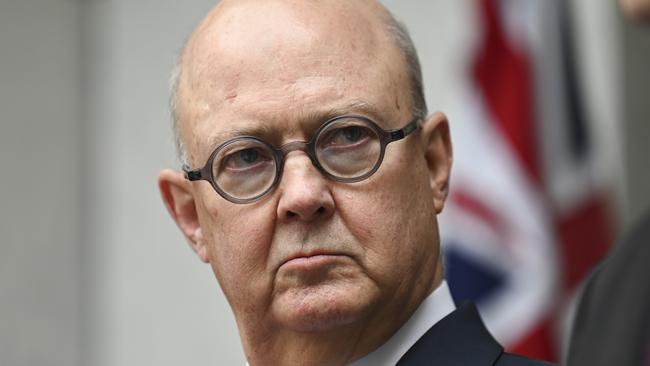
“To have the opportunity to serve the Australian public and lead such talented and dedicated people across the country and overseas for what is approaching six years is humbling.
“I am grateful to Kim Williams and the board for their support and their efforts to persuade me to stay on for my full second term. Their unabashed enthusiasm for the importance and future of the corporation makes this decision easier. I am confident the timing is right for both me and the ABC.
“Kim has asked that I stay on in the role until a new managing director has been appointed to ensure a smooth transition, which I expect will be at least until the start of next year.”
Mr Anderson’s reign at the head of the public broadcaster has not been without controversy.
The public broadcaster’s news division has been beset by criticism in recent years, amid wider concerns that the editorial rigour of its flagship current affairs programs – most notably Four Corners – has slipped, while the organisation’s radio arm has experienced a slump in ratings since the end of the Covid pandemic.
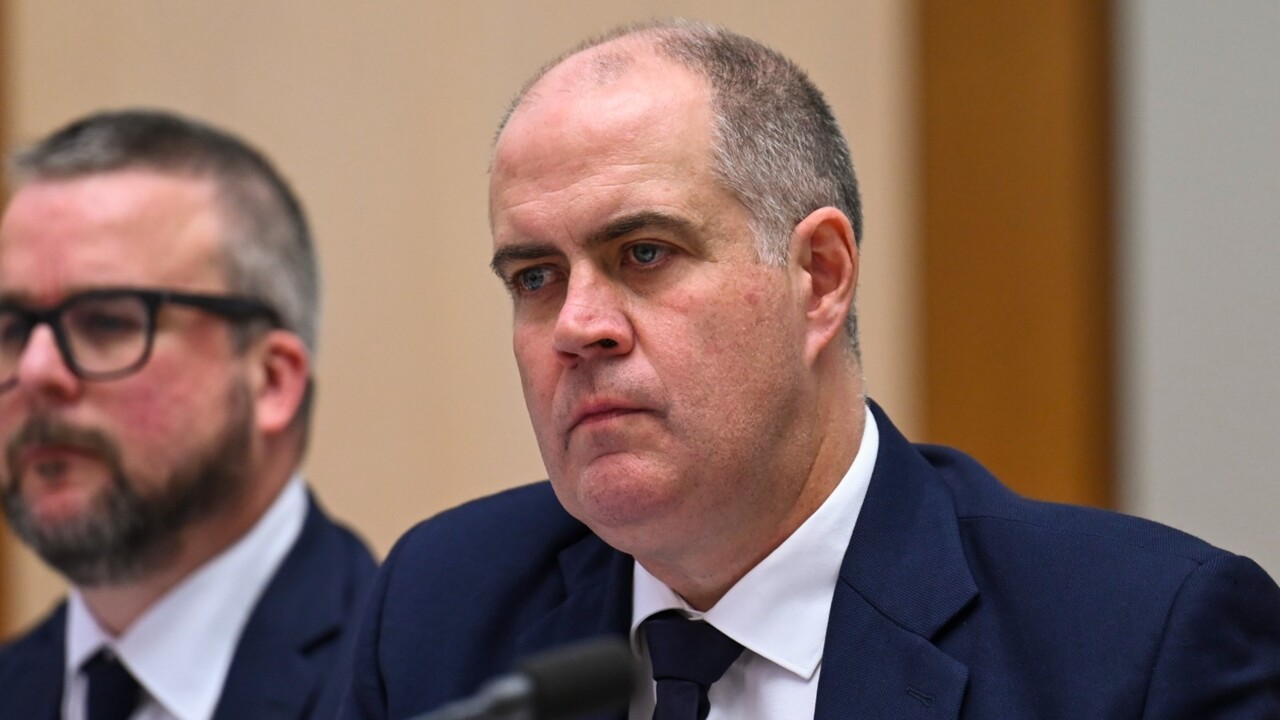
Mr Anderson also oversaw the damaging fallout from the ABC’s coronation coverage in May last year, after the taxpayer-funded media giant was swamped with close to 2000 viewer complaints about the way it handled the historic event. The coronation coverage was widely panned for “misreading the mood” of its audience by focusing on issues relating to colonisation, the monarchy’s damaging effect on Indigenous Australians, and the republican movement, in the lead-up to the coronation church service.
Soon after, journalist Stan Grant, who featured on an on-air ABC panel in the hours before the coronation, accused the public broadcaster of an “institutional failure” in its dealings with the racial abuse experienced by some of its staff, including him.
Mr Anderson subsequently commissioned a review into how the ABC handled racism. That review was due to be completed by the end of last month, but it has not yet been made public.
Earlier this year, Mr Anderson demanded “cultural change” within the ABC after an internal staff survey found almost 100 staff had been sexually harassed at work and a further 186 employees claimed to have been bullied.
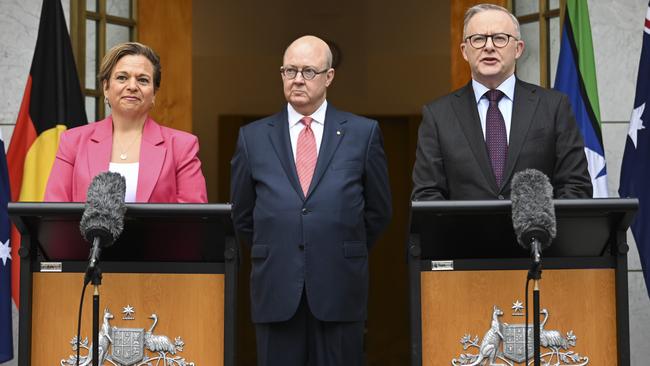
The rogue behaviour of ABC staff on social media, which highlighted some journalists’ political biases and lack of impartiality, was another persistent headache for Mr Anderson.
And in January, the ABC’s union members passed a motion of no confidence in Mr Anderson after they claimed management had not defended journalists from external attacks. The ABC’s handling of the unlawful termination claim lodged by fill-in presenter Antoinette Lattouf against the broadcaster – and the amount of money being spent on legal fees on the still unresolved matter – rankled many staff.
In his note to staff on Thursday, Mr Anderson, who started at the ABC as an 18-year-old in 1989, said the organisation had achieved “a great many things” under his leadership. “In difficult circumstances, we have shown the financial acumen required to navigate changing funding levels and achieve additional financial stability, all while maintaining existing services, expanding critical services such as emergency broadcasting, and evolving our digital platforms and related services to ensure we remain relevant to the Australian community,” he said. “Key to that relevance is trust and reliability.”
News director Justin Stevens praised Mr Anderson’s leadership. “Early in his tenure we will forever remember the extraordinary sight of AFP officers raiding the ABC,” Stevens wrote to staff. “David stood firm to defend our journalism and journalists and advocate for our editorial independence every step of the way,” he said.


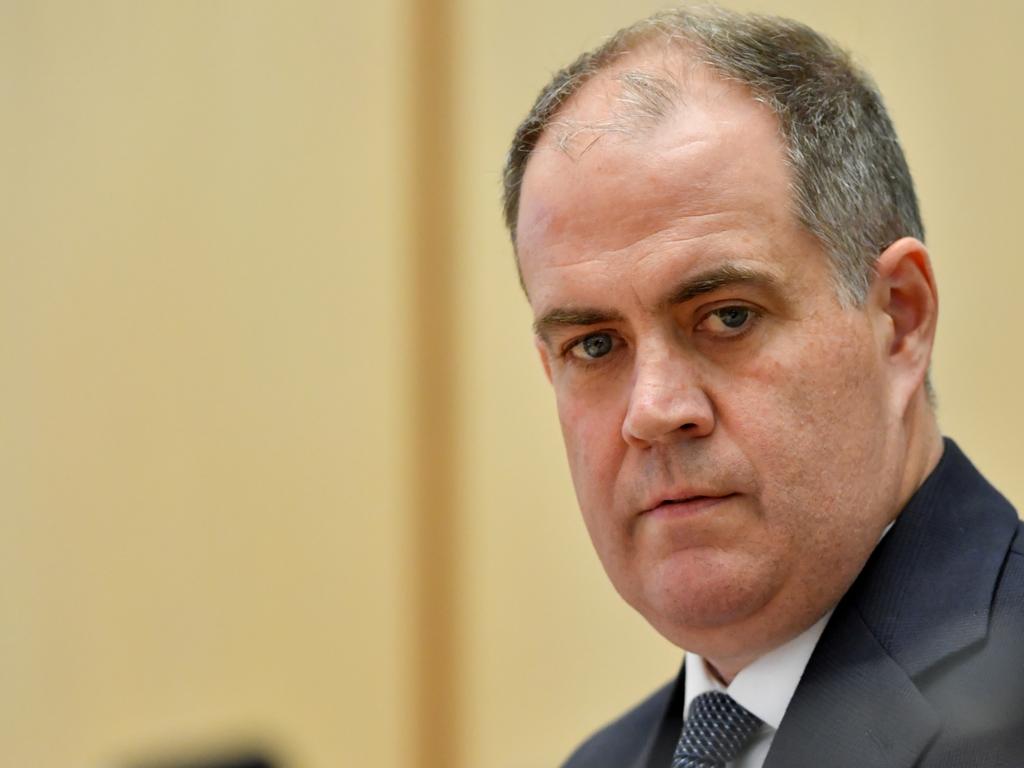
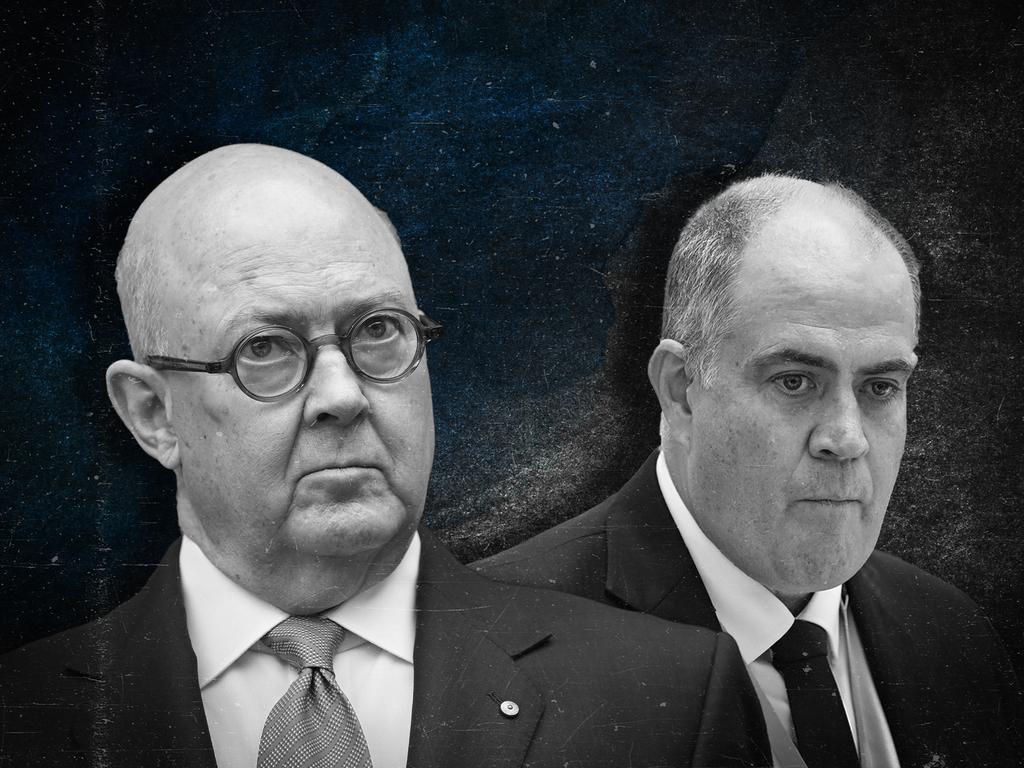

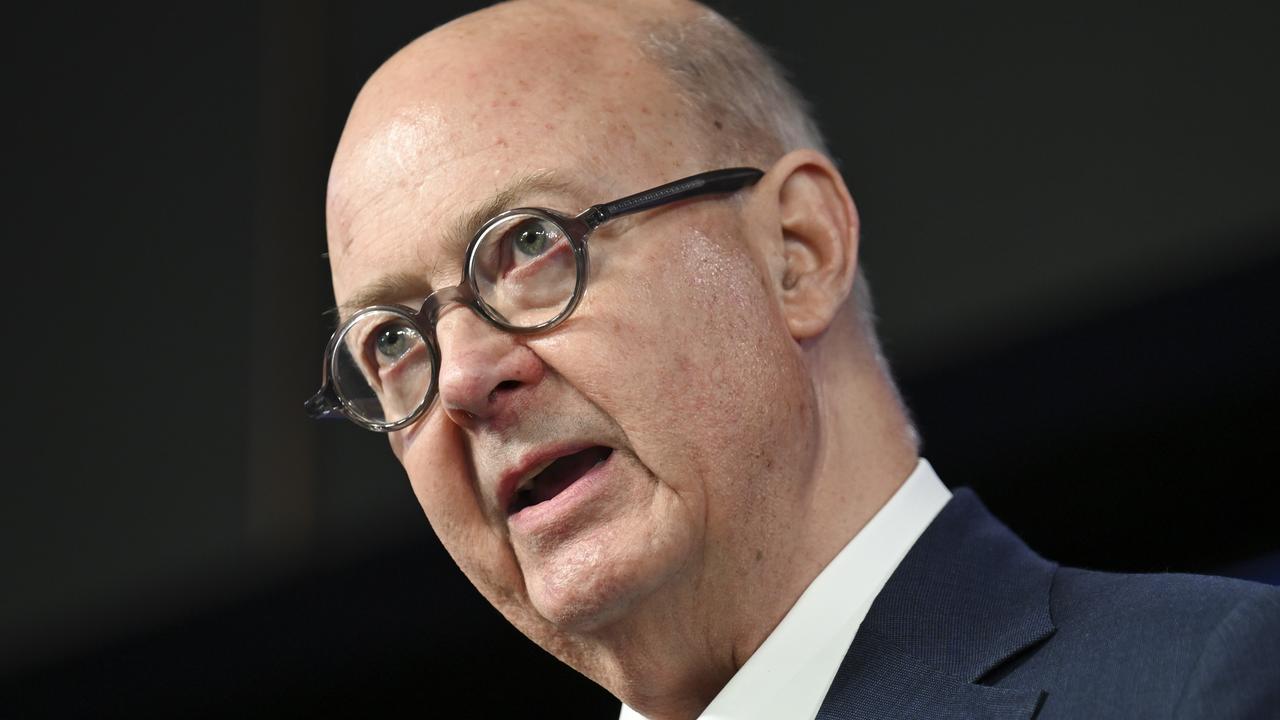
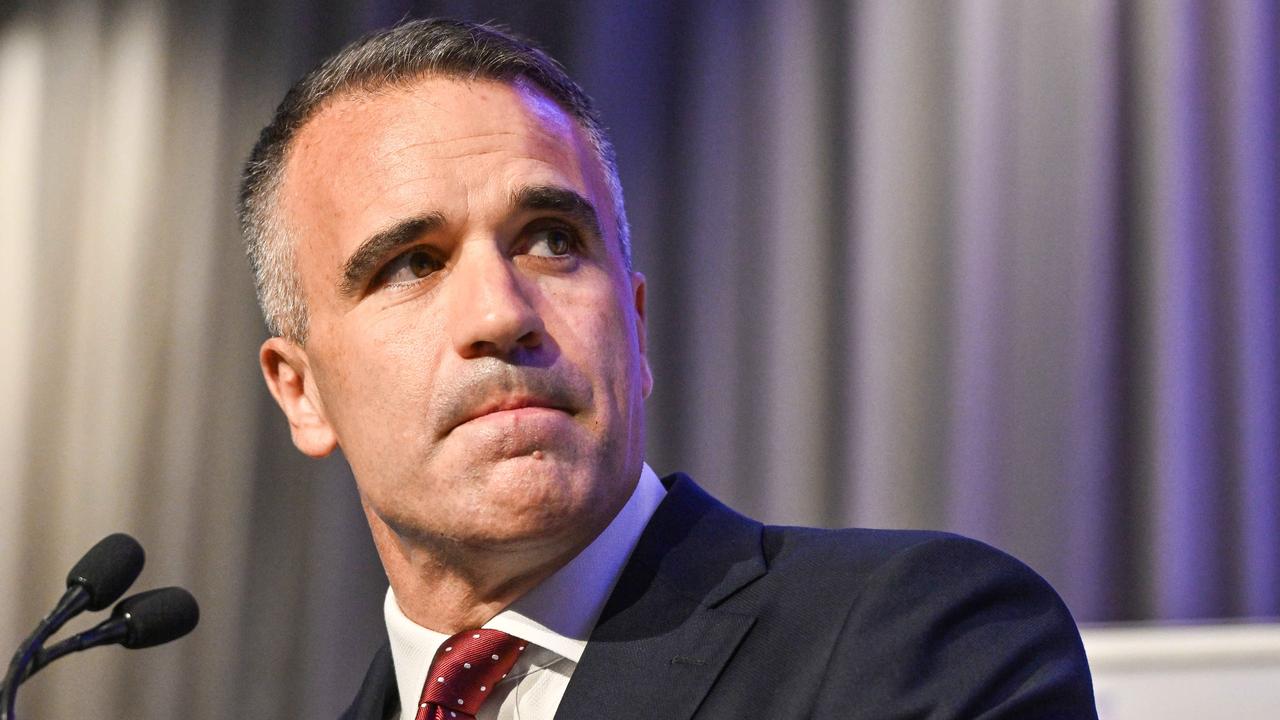
To join the conversation, please log in. Don't have an account? Register
Join the conversation, you are commenting as Logout